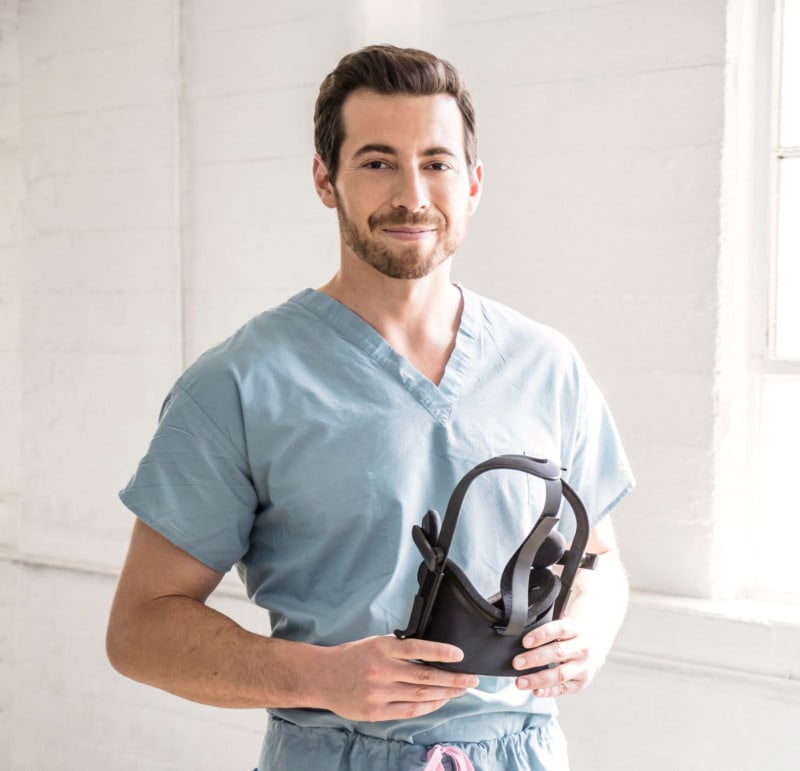Before an orthopedic surgeon directs a knee or hip replacement, a pre-procedure plan is required.
Detailed images help doctors to pinpoint the precise locations on the body where work must be done – which bones need to be cut, for example.

Now a robot can load up that plan and, almost literally, work hand-in-hand with today’s medical professionals.
Modern surgical technology allows a robot and a surgeon to operate an instrument together. The robot, with the pre-procedure plan "understood," can ensure that a screw goes into to the exact place in the spine, or a hole is made in the correct size and place on the body.
And robotic systems are available to address all kinds of procedures, including knee or hip replacement, spinal surgery, tumor irradiation, and heart arrhythmia.
But what do surgeons think of robotics in the operating room?
In a live presentation titled How Robotics Are Redefining the Surgical Suite, a reader had the following question for orthopedic surgeon Dr. Justin Barad.
“Patients believe robots can improve surgery. Hospitals can use robots to differentiate themselves. What benefits do surgeons see from robots?”
Read the response below from Dr. Barad, who is also co-founder of the virtual reality surgical training technology company OSSO VR .
Dr. Justin Barad: It depends on the surgeon. It’s highly variable. By and large, surgeons really see robotics as a way to differentiate themselves. It’s in high demand by patients, and it’s a way to stand out in what is increasingly becoming a crowded and commoditized marketplace.
It really depends on the application. In my world of orthopedics for joint replacement, it is seen as a way to get more consistent results. It also enables you to do more complex techniques that would be too high-risk to do without robotics.
A good example: Smith & Nephew has a certain type of knee replacement that actually preserves both the ACL and the PCL, which is unusual. You can do this without a robotics system, but after doing it in a cadaver lab with other surgeons, they pointed out that it felt very unsafe and hard to control. But with a robotic system, it’s very easy to get the same results every time.
For certain surgeons, they feel that it does make them more efficient, but for others it feels like it slows them down. By and large, it’s a differentiator. It allows you to have consistent outcomes, and it gives the feeling of being more precise; you’re able to maybe do things that you maybe couldn’t otherwise do freehanded.
There are many people who feel that robotics is unnecessarily cumbersome, slows them down, introduces some of the issues that any technology introduces like [ensuring that updates are made]. That’s the pushback. In terms of evidence of robotics’ [effectiveness] and equivalent outcomes, that’s something that surgeons are still waiting to see more of.
I think that everyone does see the promise with the technology, that we’ll eventually be able to do things from a value standpoint that previously were not possible.
What do you think about robotics in the operating room? Share your comments and questions below.

